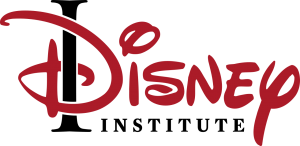” If the United Nations was fully funded why would we need the Arc or social enterprise”?
When I first read the prompt on the website, I laughed out loud due to the unrealistic and implausible assumption that the United Nations would ever be fully funded. Why? Simple human nature.
But I will humour whomever wrote this prompt, and make the assumption that it is indeed fully funded. However, I argue that the UN’s state of funding is not directly related to social enterprises; therefore, the need of social enterprises remains constant.
A program that is fully funded does not necessarily mean it is efficient, nor effective. Success is not based on the amount of funding available. Of course, money can help. But it is hardly a determinant factor of success.
That being said, just because the United Nations is now capable of poverty alleviation, it doesn’t mean that it will successfully do so. We need social enterprises, as they enhance the triple bottom line.
In addition, the world would still need companies that maintain corporate social responsibility. Why? If everyone put a little effort into making the world a better place, then how can the result be worse?
Of course, this is all theoretical. But something that would happen for sure is the citizens’ dissatisfaction with the heads of state who contribute great monetary value to result in the UN being fully funded.





